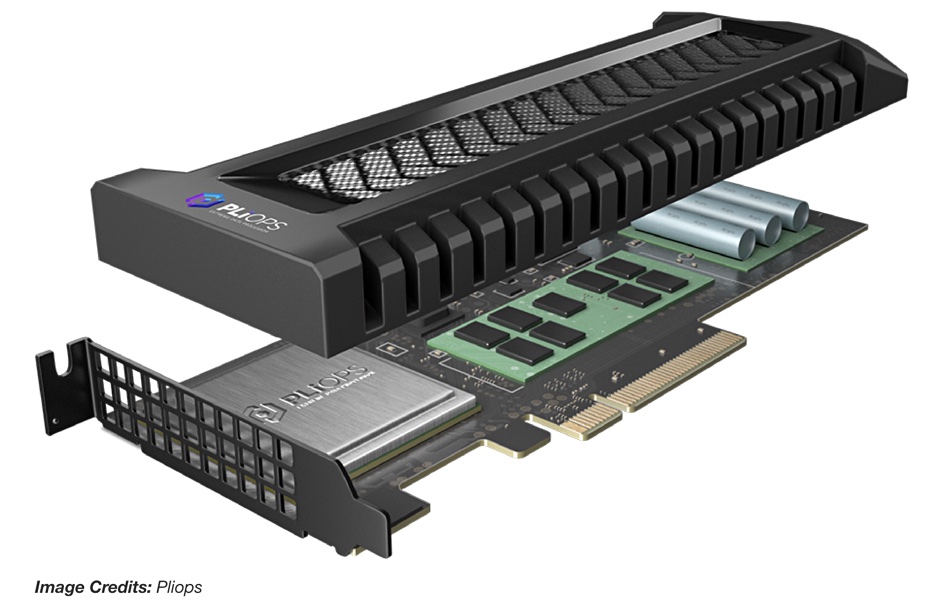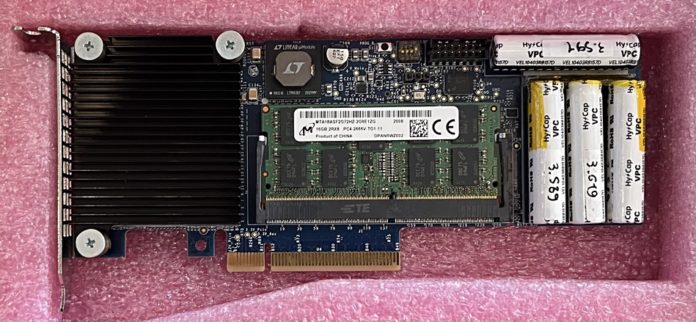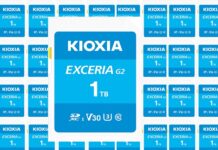Hardware-accelerated box-of-flash startup Pliops is partnering with IaaS provider phoenixNAP to offer petabyte-scale Redis clusters to users with in-memory-class performance.
Redis is a distributed open source, in-memory key:value database. Pliops’s XDP-Rocks hardware is a PCIe card that offloads low-level storage IO for a key:value store such as Redis from a host server. Distributed in-memory databases are getting larger and need more DRAM, which is expensive and limited in scale by a server processor’s socket count. Pliops XDP-Rocks makes flash drives an extension of the server’s memory with hardware acceleration making up for NAND’s slower speed versus DRAM. It provides sub-millisecond latency for large data sets.

Uri Beitler, Pliops founder and CEO, said: “Terabytes of data sets per node and sub-millisecond SLAs mean that Redis users can achieve faster time to insights and drastically reduce their hardware infrastructure investment.”
Previously Redis users needing more DRAM than their servers could supply simply had to buy more servers. A Pliops setup with up to 128TB of flash capacity managed per card, soon to be 256TB, means petabyte scale Redis clusters can be deployed with fewer servers than before, meaning less power, cooling and rackspace is needed, all contributing to saved cost.
Bare Metal Cloud (BMC) servers with XDP-Rocks cards are offered by phoenixNAP. William Bell, EVP of Products at phoenixNAP, said: “We are excited to enhance our partnership with Pliops by integrating their groundbreaking Redis acceleration technology into our BMC services. This integration not only meets the demanding data processing needs of our clients but also helps reduce their infrastructure footprint and IT spending.”

Pliops and phoenixNAP reckon that the BMC server/XDP-Rocks combo can reduce the in-memory server footprint by up to 70 percent and enables 7x higher Redis throughput performance with 4x lower latency.
The XDP-Rocks card is equivalent to an all-flash array controller, but mounted in the host server’s chassis and dedicated to key:value store processing, supporting MySQL, MyRocks, Redis, KV-Rocks, TiDB, Kafka, Spark and others. As far as a host server is concerned, the XDP replaces storage engine software, such as InnoDB, RocksDB and WiredTiger, in its own storage IO stack.
Workload trials of the Pliops-powered Redis on Flash service are available through phoenixNAP.








